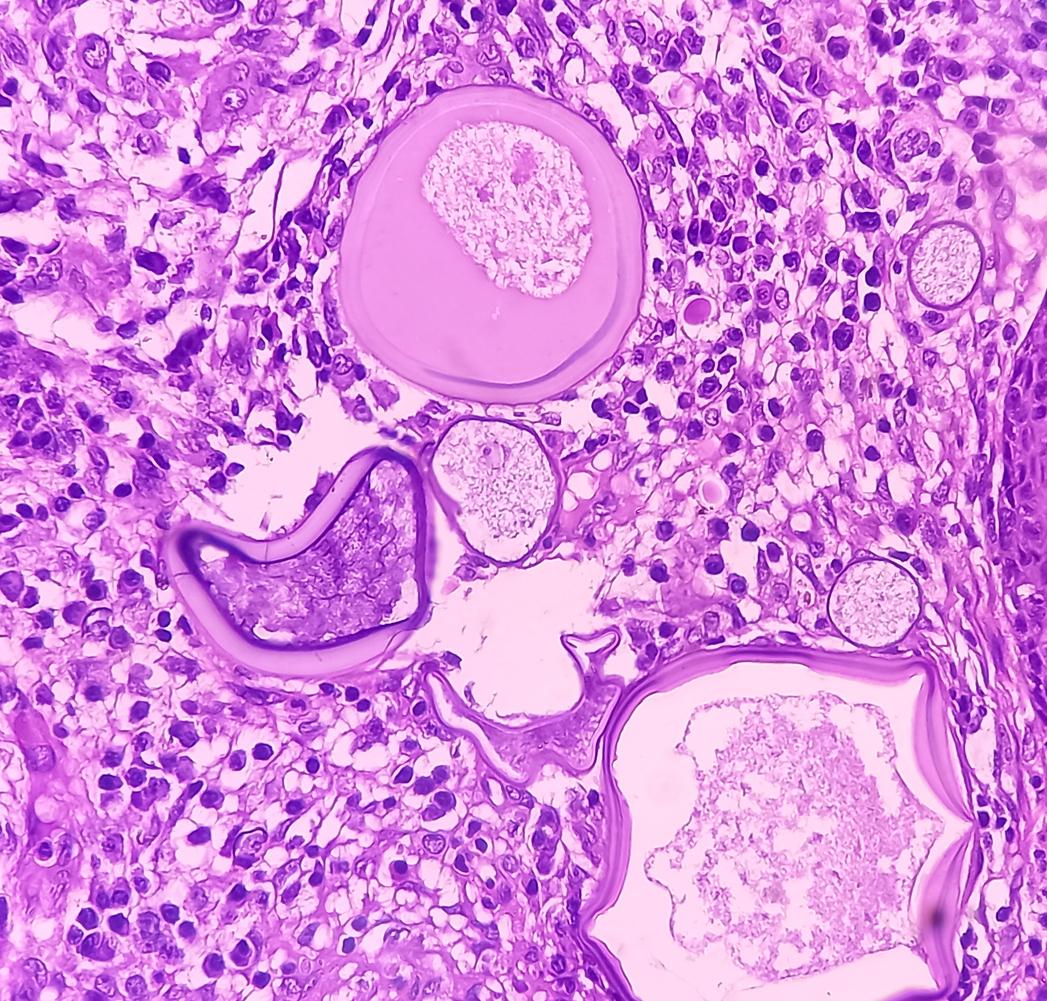The operations performed in outpatient surgery, when the patient leaves the hospital on the day of his operation, are very rarely followed by infections according to a study.

Savings, quality of care, reduced bed occupancy… There are many arguments in favor of outpatient surgery. But what about in terms of postoperative infections? A study, published on February 19 in the JAMA, shows that they are relatively rare.
The Maryland Agency for Research and Quality of Care team analyzed data from approximately 300,000 patients from 8 different states in the United States. All have undergone an operation in ambulatory surgery, that is to say, the patient leaves the hospital within 24 hours of admission. The researchers observed how many of them developed an infection of the surgical site within 14 and then 30 days after surgery. These events, although leading healthcare-related infections (20 to 31%), are relatively rare, they conclude.
Two weeks after the operation, the visit rate for infection is relatively low: it concerns 3.09 procedures out of 1000. The figure increases slightly when the postoperative duration is extended to one month: it drops to 4.84% o. It is globally as much as in the context of a classic hospitalization. However, 93% of these visits required hospitalization.
The surgical site infection rate is extremely low. But the authors of the study consider that the number of patients concerned is considerable, given the number of admissions in outpatient surgery. “Our results suggest that early access to the doctor or a member of the surgical team would help identify and treat these infections early and reduce overall morbidity. In France, the surgical site infections are more numerous – the Institute of Sanitary Watch (INVS) estimates the number of infections at 0.93%. But these data combine outpatient surgery and conventional surgery.
.

















